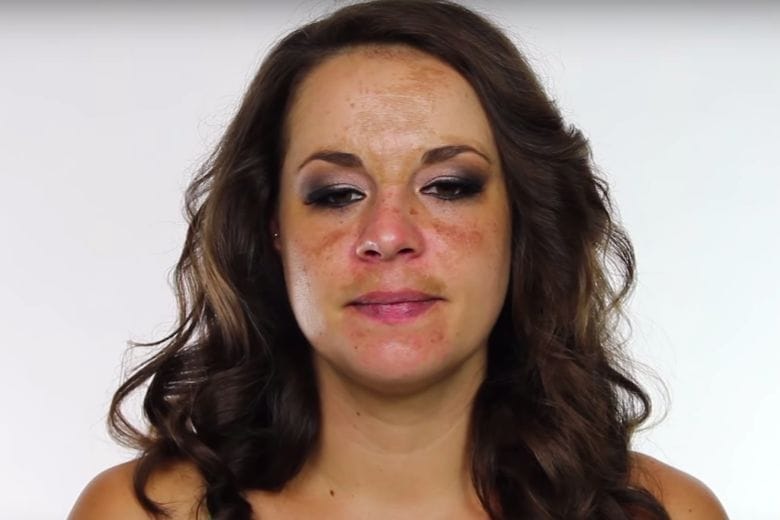This is what you should know about pigment spots

Pigments spots on your skin can have several different causes
This is what you should know about pigment spots
Pigments spots on your skin can have several different causes
Pigment spots: some think of them as beautiful and unique while others would rather be rid of them. But how come that some people have many of them while others don’t have any? We’ll explain exactly what causes this pigmentation and what you can do about it if you would want to.
There are several different factors that can cause pigment spots.
Pigment spots
Pigment spots are discolourations of the skin that can happen on any part of the body. They arise when skin cells make extra melanin (pigment). The colour of the spots can vary from very light brown to black. They’re often no bigger than a few square millimetres.
Causes
Pigment spots can have multiple different causes:
1. Sunlight
In a lot of cases, pigment spots develop later in life due to the ageing process or excessive exposure to sunlight. They often appear in visible places on the body, like the face, cleavage or hands, since those have been exposed to UV radiation more.
2. Hormones
Hormonal imbalances can also cause pigment spots. Using birth control pills or being pregnant can cause the female hormones estrogen and progesterone to lead to the overproduction of pigment. That’s why especially pregnant women often get spots in their face, which is also sometimes called ‘pregnancy mask’.
3. Medical conditions
Discolourations of the skin can also be the result of certain illnesses or diseases. People who suffer from vitiligo, for example, don’t produce any pigment in certain spots, which causes white spots to appear on their skin. Metabolic disorders or vitamin C deficiencies can also cause pigment spots to appear. Chemotherapy or antibiotics can also cause discolourations.
4. Inflammations
Inflammations or skin damage can also lead to pigment spots. People who’ve suffered from serious acne or eczema often also deal with pigmentation. Especially people who have dark skin run the risk of developing pigment spots because of this.
How can you prevent pigment spots from developing?
Do you want to combat the development of pigment spots? Then we have good news for you because it’s relatively easy to prevent them from appearing. Protect your skin against the damaging rays of sunshine by applying sunscreen to your skin on a daily basis. During autumn and winter, SPF 30 is sufficient, but during spring and summer, it’s best to go for SPF 50. You don’t need to stay out of the sunshine completely since only a large amount of sunshine can negatively influence your skin in the long term.
What can you do against already existing pigment spots?
Pigment spots are nothing to be ashamed of and they happen in people of every age. Discolouration that arises during pregnancy often disappears again of itself. Over the past years, a lot of products have been developed that can help diminish pigmentation. Most of these products work on the basis of active ingredients that reduce the production of melanin, which causes the discolouration to become less visible. If you have stubborn spots you really don’t like, the best thing to do is contact a dermatologist. They can prescribe medicines or reduce the discolouration through the use of laser or light treatment, or an intensive peeling.